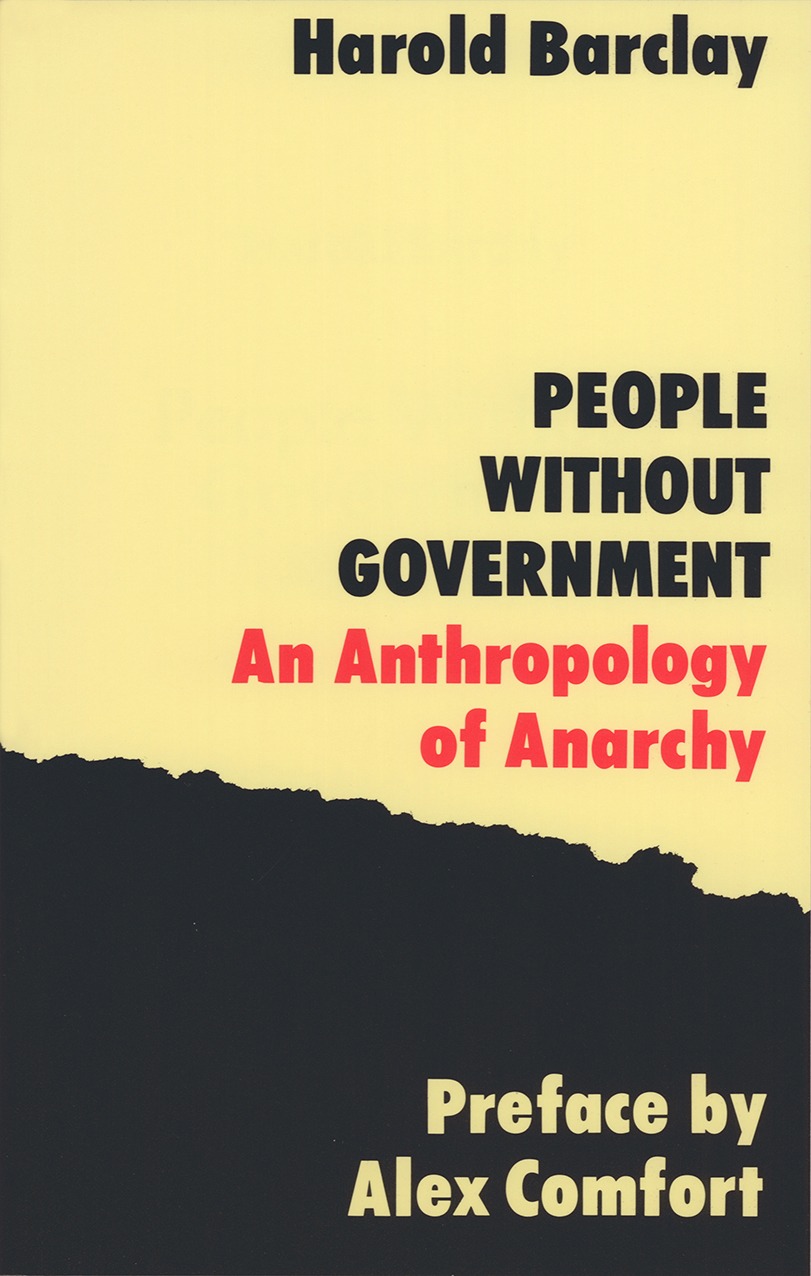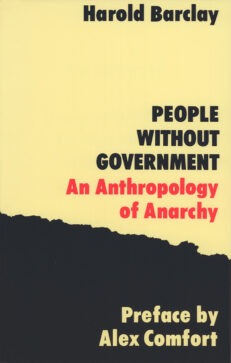Description
Anarchy, as the absence of government, is neither chaos nor some impossible Utopian dream. In fact it is a very common form of political organisation and one which has characterised much of the human past. People Without Government describes briefly the anarchic political structures of a number of these societies. True they are mainly small-scale hunting, gathering and horticultural groups. However, the social organisation of certain large populations with complex relations is also sometimes anarchic. Thus anarchy applies to a broad spectrum of different kinds of societies.
This book seeks to show what anarchy has been like in practice. Special attention is paid to the techniques of leadership, maintaining order and decision-making. The dynamic interplay between freedom and authority is considered, particularly the apparent tendency of anarchic polities to degenerate into states with government and for organisations to become oligarchies, and it is concluded that liberty and individuality are at best very tenuous and fleeting entities. There can be no relenting in the struggle for freedom.




